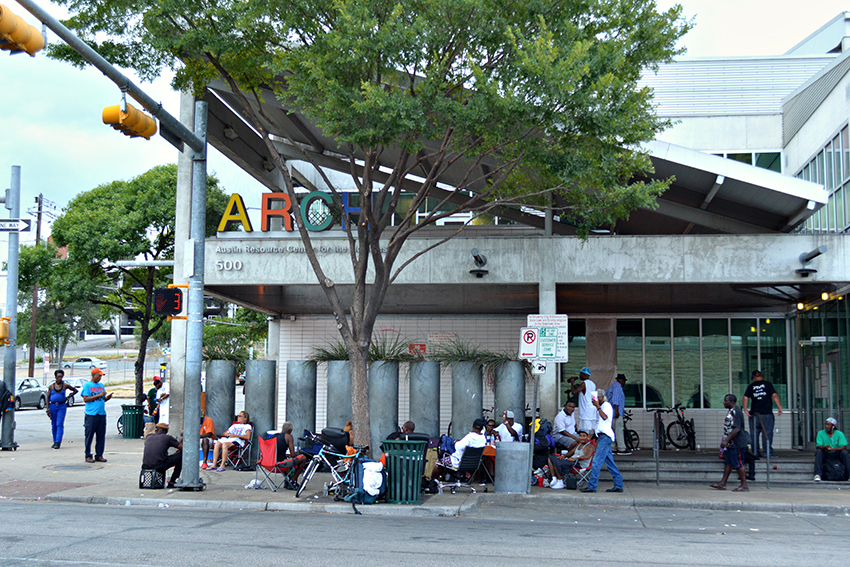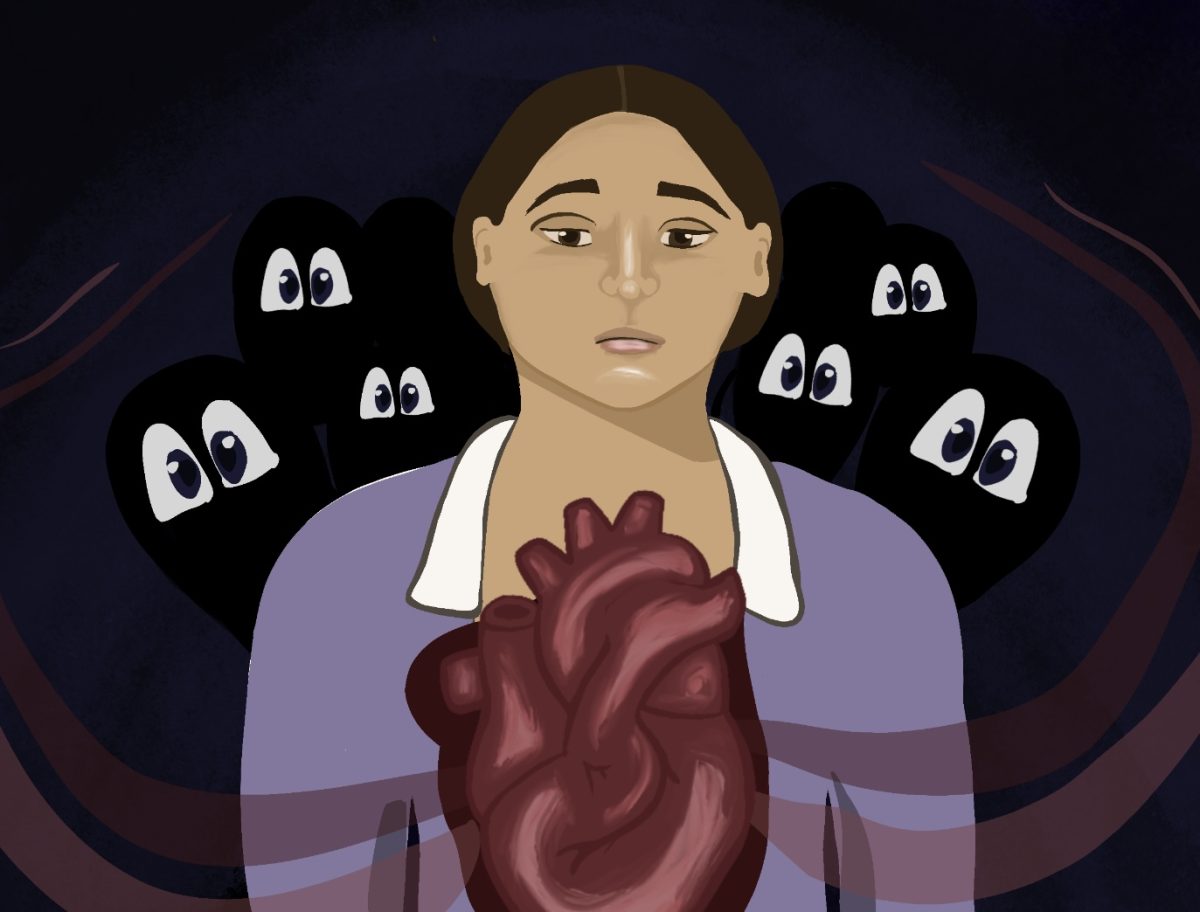West Campus is home to snazzy apartment high-rises, elegant sorority houses, fraternity compounds and bizarre co-ops. It’s also home to a considerable homeless population.
Residents of West Campus foster a range of stigmas towards homeless people. Statements like, “They just choose to live like that,” or “They’ll just spend it on drugs or booze,” epitomize harmful thinking patterns that permeate the student consciousness.
For some students, passing by a homeless person may be an awkward or even frightening encounter. It’s natural to react to extreme poverty with surprise.
We often think of homeless people as social outcasts incapable of normal interaction. In reality, most people affected by homelessness simply face extreme barriers to employment, often due to mental illness or substance-use disorders. The very few serious incidents involving homeless people have overshadowed the otherwise peaceful interactions we have with them every day.
Learning how to understand homelessness as a systematic social problem rather than a moral failing is critical. “People need to understand that a lot of us are only one paycheck away from being homeless. Once you’re in that position, it’s really hard to get out. No one chooses to be there,” says Kirsten Ham, the director of Clean Slate — a program dedicated to helping people get back on their feet.
The Drag has always been a popular area for Austin’s homeless population. Overcrowding at the Austin Resource Center for the Homeless, located downtown, has displaced even more homeless people, pushing them into areas like West Campus.
It’s important to acknowledge how our perceptions affect the way homelessness is addressed. For students living in West Campus, homeless people are our neighbors. Community leaders listen when we speak up about the issues affecting us. Rather than tossing a dollar here and there, we should advocate for social programs that address the issue head-on.
In March, the Austin City Council will vote on the approval of a program that could be the first step toward developing a more effective approach to addressing the homeless population in West Campus. Residents in Search of Employment ATX would offer employment opportunities to the homeless population in Austin. While not everyone who is homeless would be willing to participate in employment programs, it’s an effective way to offer support to those willing to accept it.
It’s easy to blow off a problem that doesn’t seem to affect us as college students, but when we talk about homelessness, we should address it in a way that’s conducive to social change. Instead of trying to ignore it, let’s focus on trying to solve it.
Lee is a philosophy sophomore from Fort Worth.


















